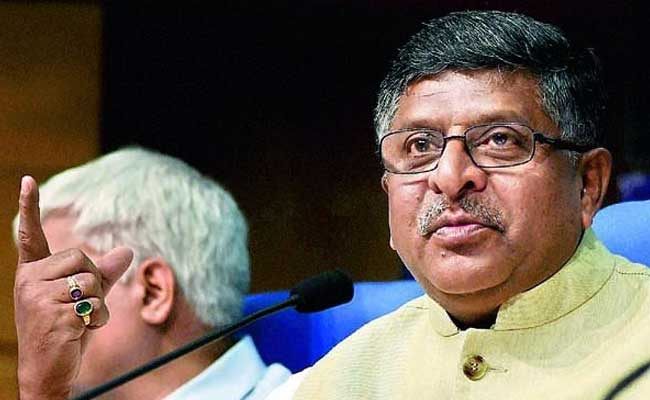New Delhi: Amid of the opposition by All India Muslim Personal Law Board on the Centre’s affidavit in Supreme Court on the practice of triple talaq and also boycotted the Law Commission’s consultations on Uniform Civil Code (UCC).
The union law minister Ravi Shankar Prasad said on Friday that the Centre stands by gender justice, gender equality and gender dignity. He also said when over a dozen Islamic countries were regulating the practice by enacting laws, how could it be considered wrong for a “secular” country like India.
He said.“There are many Islamic countries in the world, who have regulated triple talaq. They have made provision for arbitration and conciliation. At some places, only court decides in such matter. You simply cannot say talaq-talaq-talaq. We have taken a position that if Islamic countries have regulated their matrimonial laws, which has not been found violative of the Sharia, how can the same argument be raised in a secular country like India.
“Countries such as Bangladesh, Afghanistan, Morocco, Tunisia, Turkey, Indonesia, Egypt, Iran and even Pakistan have regulated their laws much earlier. Agar wahan ho sakta hai to bharat mein kyon nahi (“If it can happen there, why can’t it happen in India,)” Prasad said.
Hazrat Maulana Mohammad Wali Rahmani of the MPLB said on Thursday that. “We will boycott the questionnaire sent by the Law Commission and we have decided that Muslims of the country will not answer this question as it is not acceptable and not good for the nation.”
Prasad said the Article 21 provides for right to live with dignity and Article 15(3) enables the state to make special provision for women and children. “And triple talaq based upon these principles can never be justified.”
However, the All India Muslim Personal Law Board (AIMPLB) has been defending the triple talaq system and termed the filing of the affidavit as ‘un-islamic.’ They claim that triple talaq is a personal law and the Centre has no right to modify it.

